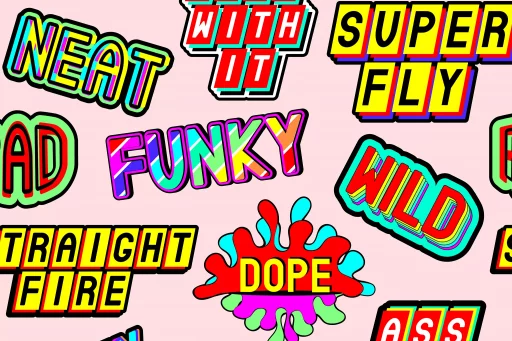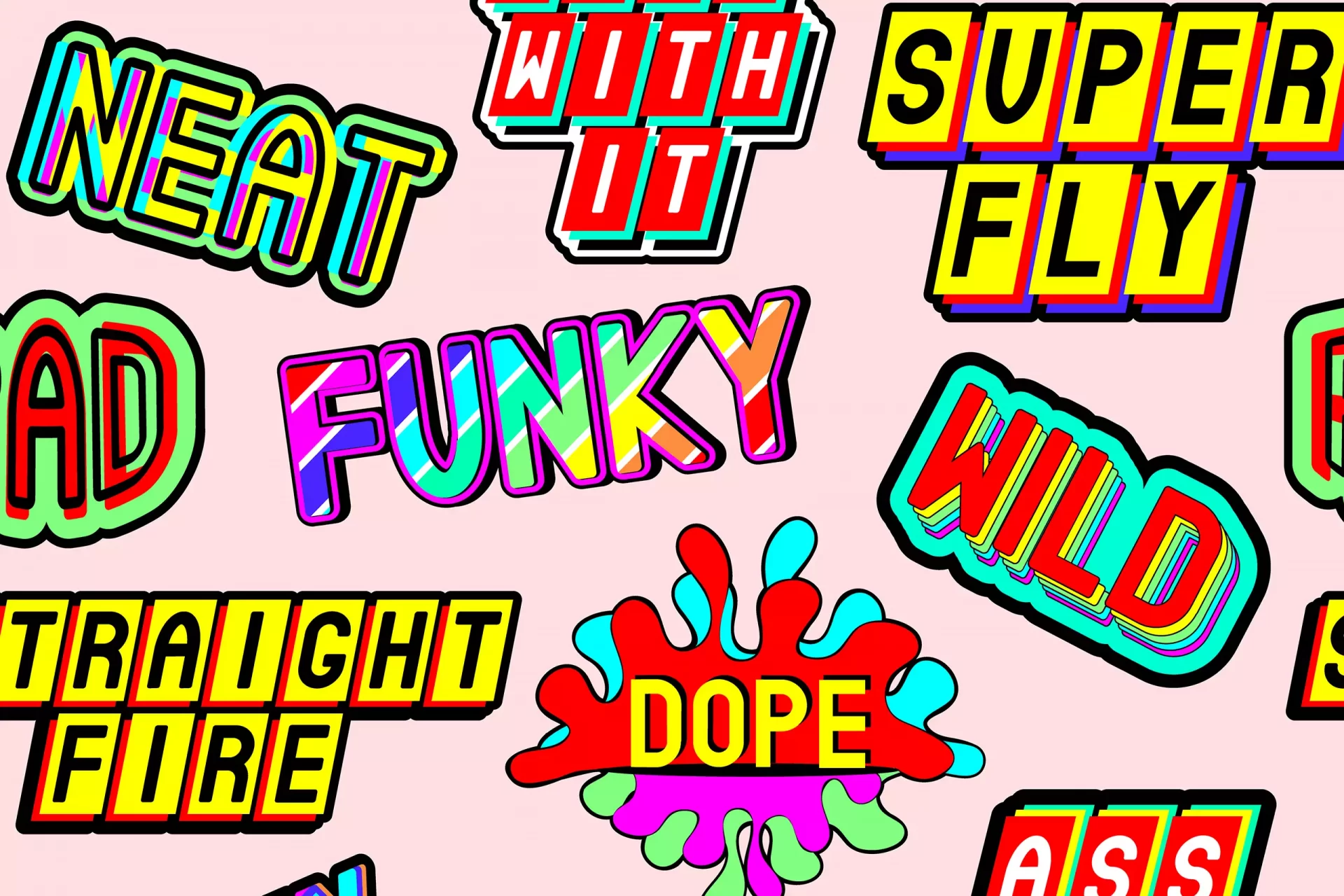Introduction to YN Slang
Slang has always been a dynamic aspect of language, often evolving with cultural and social changes. One such recent slang term that has gained significant traction, particularly in online communities, is ‘YN.’ Standing for ‘Your Name’, this term is often used in fan fiction and social media platforms, allowing users to insert their own identity into stories or scenarios. This article explores the origins, usage, and implications of ‘YN’ slang, offering a comprehensive understanding of its role in contemporary digital communication.
The Emergence of YN Slang
The ‘YN’ slang began to surface prominently in the late 2000s, alongside the rise of fan fiction communities on platforms like Tumblr and Wattpad. Writers began using ‘YN’ as a narrative device to immerse readers in their stories. By incorporating the reader’s name into the plot, authors created a more personalized and engaging reading experience. This trend reflected a broader shift towards interactive storytelling fueled by online platforms.
How YN Slang is Used
‘YN’ slang is primarily employed in several contexts:
- Fan Fiction: In works where readers wish to see themselves as the protagonist, authors will frequently use ‘YN’ to represent the reader’s name.
- Social Media: Users on platforms like Twitter or TikTok use ‘YN’ to create relatable content or memes where followers can insert their names into a scenario.
- Role-Playing: In online role-playing communities, ‘YN’ allows participants to craft their characters while integrating personal elements.
Examples of YN Usage
To illustrate how ‘YN’ is used in various contexts, here are a few examples:
- Fan Fiction Example: “As you walk into the room, YN, your heart races at the sight of your favorite idol. Will you confess your love?” This invites the reader directly into the narrative, enhancing engagement.
- Social Media Example: A TikTok video titled “When YN sees their crush” may show various humorous skits where people depict relatable romantic situations that their audience can envision themselves in.
- Role-Playing Example: In a fantasy role-playing forum, someone might post a scenario saying, “YN faces the dragon with unwavering courage.” This allows players to insert their character and enhance collaborative storytelling.
The Popularity and Reach of YN Slang
According to a 2023 survey conducted by the Digital Language Institute, approximately 75% of Gen Z participants reported frequent exposure to ‘YN’ slang, particularly in online storytelling and social media engagements. Here are some insights gathered from the survey:
- Usage by Demographics: 82% of users ages 16-24 have encountered ‘YN’ in fan fiction, whereas 48% mentioned encountering it in TikTok videos.
- Impact on Writing Styles: 60% of respondents acknowledged that ‘YN’ has changed their perception of narrative, making it feel more inclusive and relatable.
- Trend Analysis: Google Trends data shows a steady rise in searches for ‘YN fan fiction’ and ‘how to write YN,’ indicating growing curiosity and engagement with this form of storytelling.
Case Study: The Rise of YN on TikTok
TikTok has become a hub for ‘YN’ slang, showcasing its popularity and cultural impact. A case study on TikTok user @fanfics4you revealed that videos incorporating ‘YN’ scenarios gained exponential traction, with some videos reaching over 1 million views. For instance, the video titled “What Happens When YN Joins the Avengers” not only highlighted creative storytelling but also fostered interaction as viewers commented with their own imagined scenarios.
Critique and Controversies Surrounding YN Slang
While ‘YN’ slang fosters inclusivity and engagement among fans, it has also garnered some critique:
- Over-saturation: Critics argue that excessive usage can lead to a lack of originality in fan-created content.
- Misinterpretation: Some older literary enthusiasts may misunderstand the appeal of ‘YN’ slang, viewing it as a decline in narrative quality.
- Ethics of Fan Fiction: The integration of real people’s names into ‘YN’ narratives can raise ethical concerns about consent and privacy.
Conclusion
‘YN’ slang represents a fascinating intersection of language, culture, and technology. Its ability to create immersive storytelling experiences emphasizes the importance of personal connection in narrative forms. As this slang continues to evolve, it remains a testament to the dynamic nature of language in a digital landscape where participation is key. Understanding terms like ‘YN’ gives deeper insight into contemporary modes of communication and underscores the creativity of modern storytelling.


